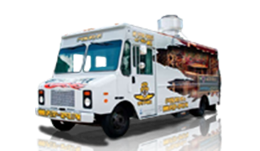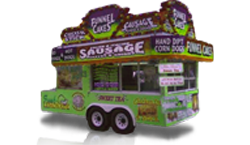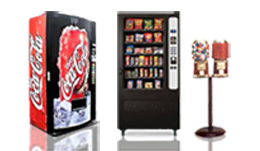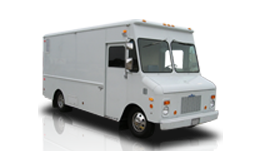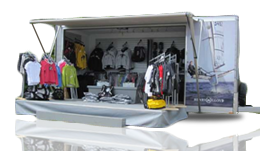Beginner’s Guide: How to Start A Mobile Bar Business

As far as mobile businesses go, there’s no limit to what you can set up. Maybe you’ve wanted to try running your own catering business, or you’ve been thinking of a travel agency that arranges bus tours to obscure or offbeat tourism spots rather than the more well-known places. It really comes down to you, the would-be business owner, to brainstorm ideas and then choose what appeals to you most.
For instance, with mobile restaurants and food trucks alone, there are dozens of possibilities, limited only by what kind of food and drink you want to focus on so you don’t spend too much on acquiring ingredients for a large number of dishes that you may not end up selling. You can even limit yourself by focusing only on drinks and the occasional snack. If that sounds like a good idea to you, then you’ll want to consider opening a mobile bar. You’re going to need more than the food truck or concession trailer you’ll be using. You also have to think of several other things. Here’s what you need to know.
What’s Inside
4 Things You Need to Know When Starting a Mobile Bar Business
Plan the Mobile Bar
Before you dive right in, you need to make sure your business plan is as clear as possible. Without it, you may find yourself fumbling for the specifics of your business, such as who your target market is, the menu and the pricing, and your startup and ongoing costs
What you spend on the food truck, for example, should factor into your startup costs. Other things you’ll need to acquire before you can actually open your doors, so to speak, include cups and other utensils for customers to use, not to mention any equipment you’ll need for mixing drinks. Then there’s the ingredients for the drinks themselves, which will be part of both the startup and ongoing costs.
Determining your target market will help you decide on a name for your bar, as well as what will go on your menu and appropriate prices for each item, so it’s important that you tackle those in order. Once you have a plan that’s as detailed as you can get it, that’s when you start purchasing equipment.
Make Sure the Mobile Bar is Legal
When you have as much information as you can get, it’s time to form a legal entity and register your business. You can register it as a sole proprietorship, where you’re the only one who owns the business; a partnership where you and at least one other person have equal ownership of the business; or a limited liability company (LLC), which combines the limited liability of a corporation with the taxes of a solely owned business or a partnership. Of course, if you don’t want to be held personally liable when your mobile bar gets into legal trouble, an LLC would be your best bet.
Once you’ve formed a legal entity, you’ll then have to register the business for state and federal taxes. Depending on the business structure you picked, you may have several options when it comes to how your mobile bar is taxed. Don’t forget to do your research to find out if there are any specific state laws that apply to your business, and read up on them so you’ll know how they’ll affect your mobile bar.
Take Care of the Financial Side
Whether you used personal savings or took out a loan to get together the equipment you need before you actually open your business, you’ll want to make sure you have a dedicated business account to take care of the ongoing costs for your mobile bar once it gets going. Using your personal account could put any personal assets such as a car or your house at risk, so a business account – and business credit card – could well be worth the extra time and effort.
Find a way to set up a record of your various expenses alongside your income. Not only is this critical to helping you understand how well your business is doing, but accurate and detailed accounts will help when you need to file your taxes for the year.
Make Sure You Have the Necessary Permits and Licenses
Since you’ll be running a mobile bar, you’ll have to Check with the Alcohol and Tobacco Tax and Trade Bureau for a list of laws by state. You’ll need to know what licenses you need to get, in addition to the appropriate liquor license from the state or local agency. You may also have to get a license from a local health department if you plan to sell light snacks as well.
You also need to get business insurance, since this is to protect your company’s financial wellbeing. General Liability Insurance is a good place to start if you’re unsure what kind of risks your business will come across, and it’s the most common coverage that any small business will need. You’ll also want to get Worker’s Compensation Insurance, since chances are high that your state will require you to get it once you start hiring employees for your mobile bar.
When you have all the necessary paperwork and you’re sure your mobile bar can operate legally, then you can focus on building your brand, promoting it, and strengthening it. A strong brand will help you stand out from among your competition, but don’t forget to make sure your customers enjoy themselves, too. An enjoyable customer experience will do a lot to ensure you’ll have repeat customers no matter how long you’ve been in business.
As hinted at above, there’s a lot of preparation and planning involved when starting a mobile bar, from planning the menu, to deciding on the shelving system that’ll go into the back of the food truck or concession trailer, to ensuring you have the necessary paperwork. Still, if you put in the time and effort, then all that will be worth it when you see your business really begin to take off.


